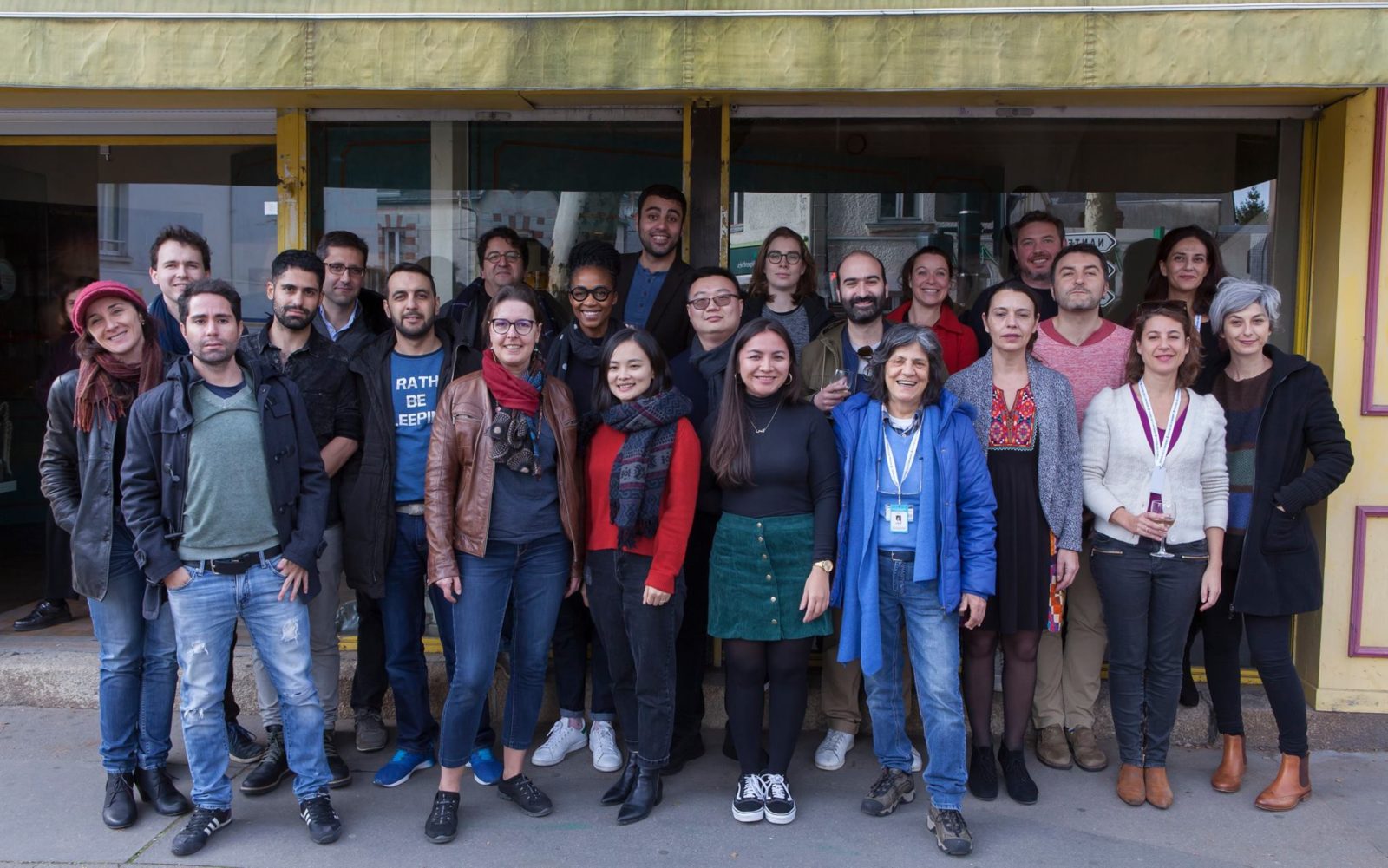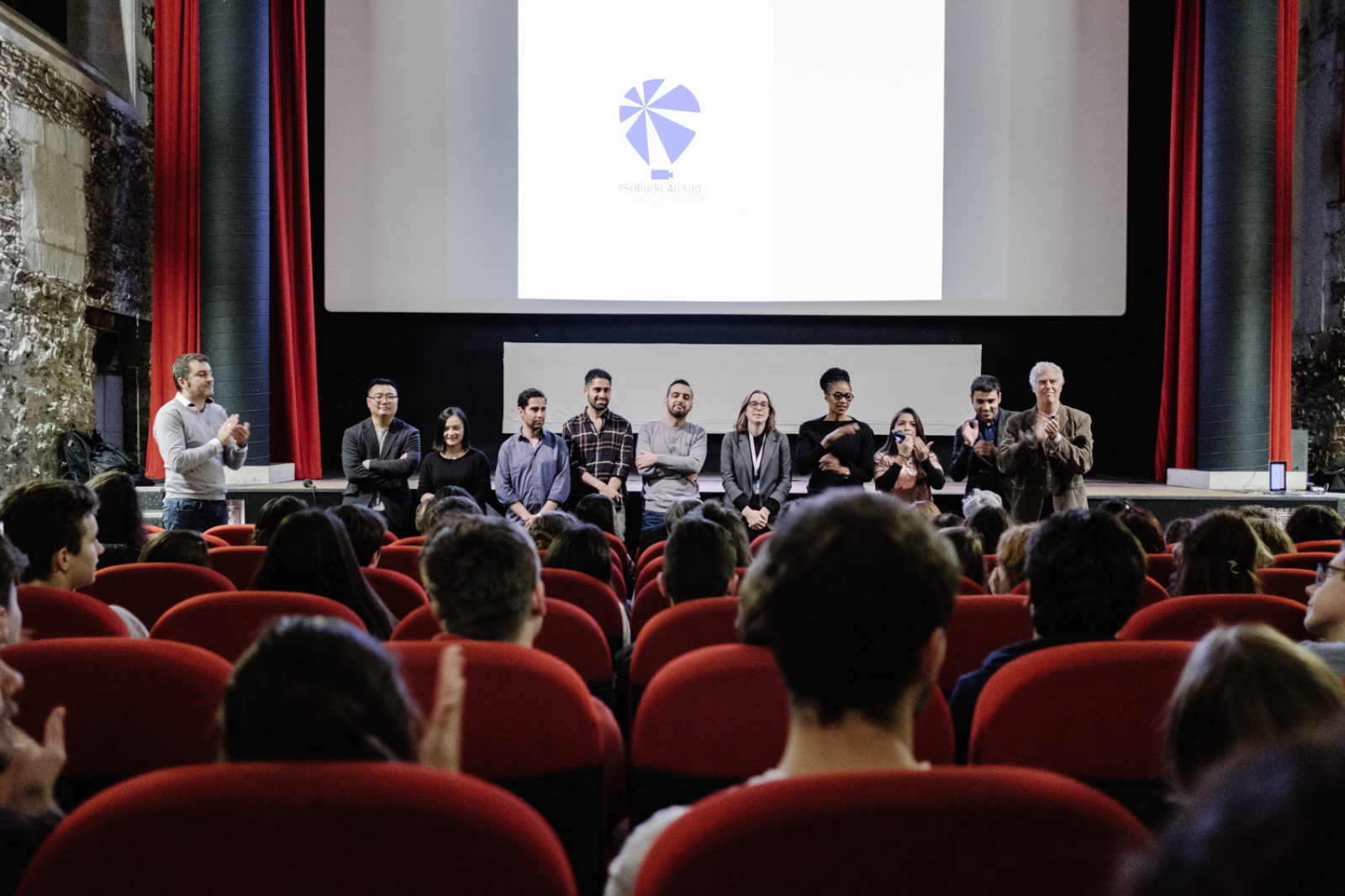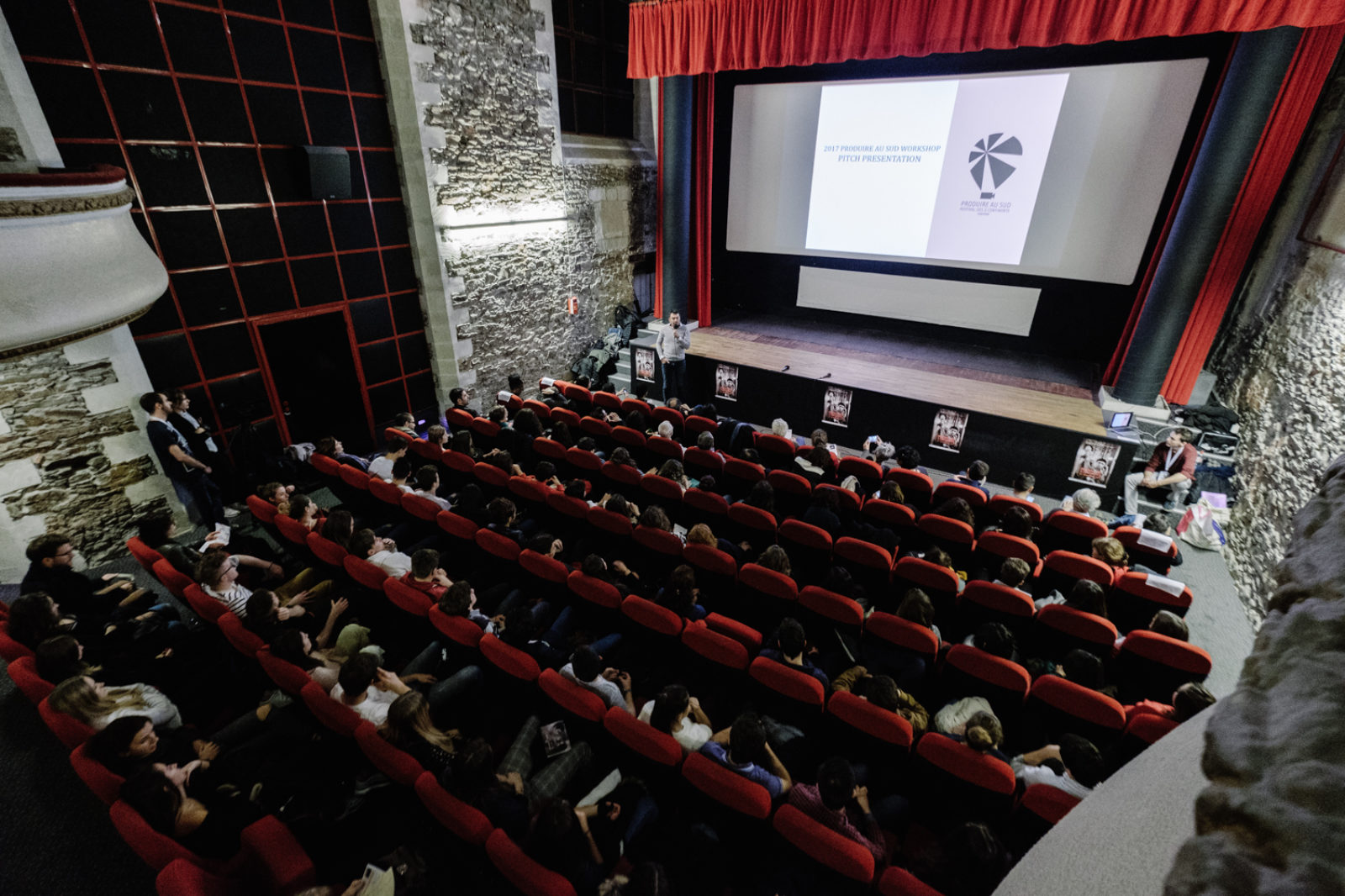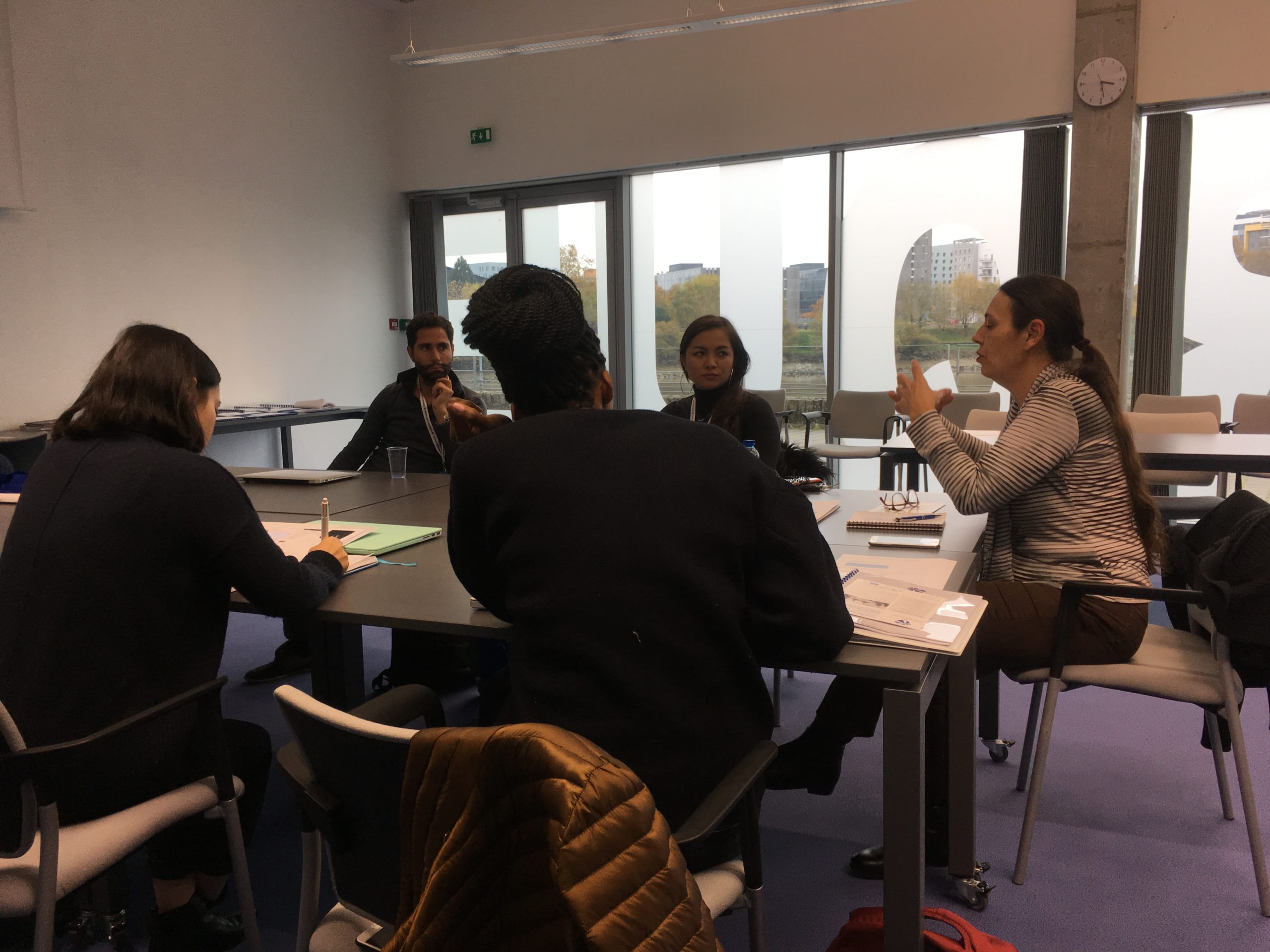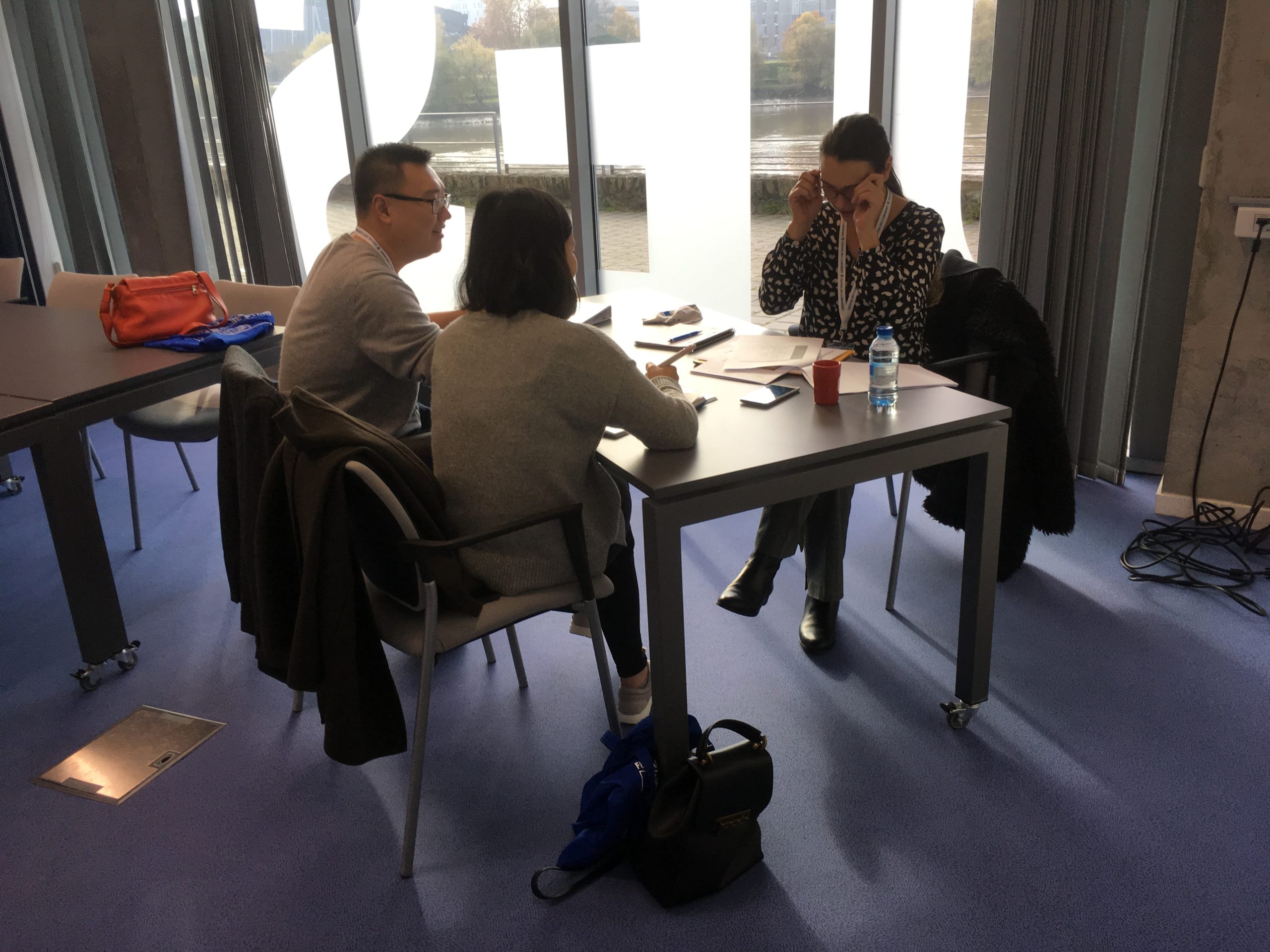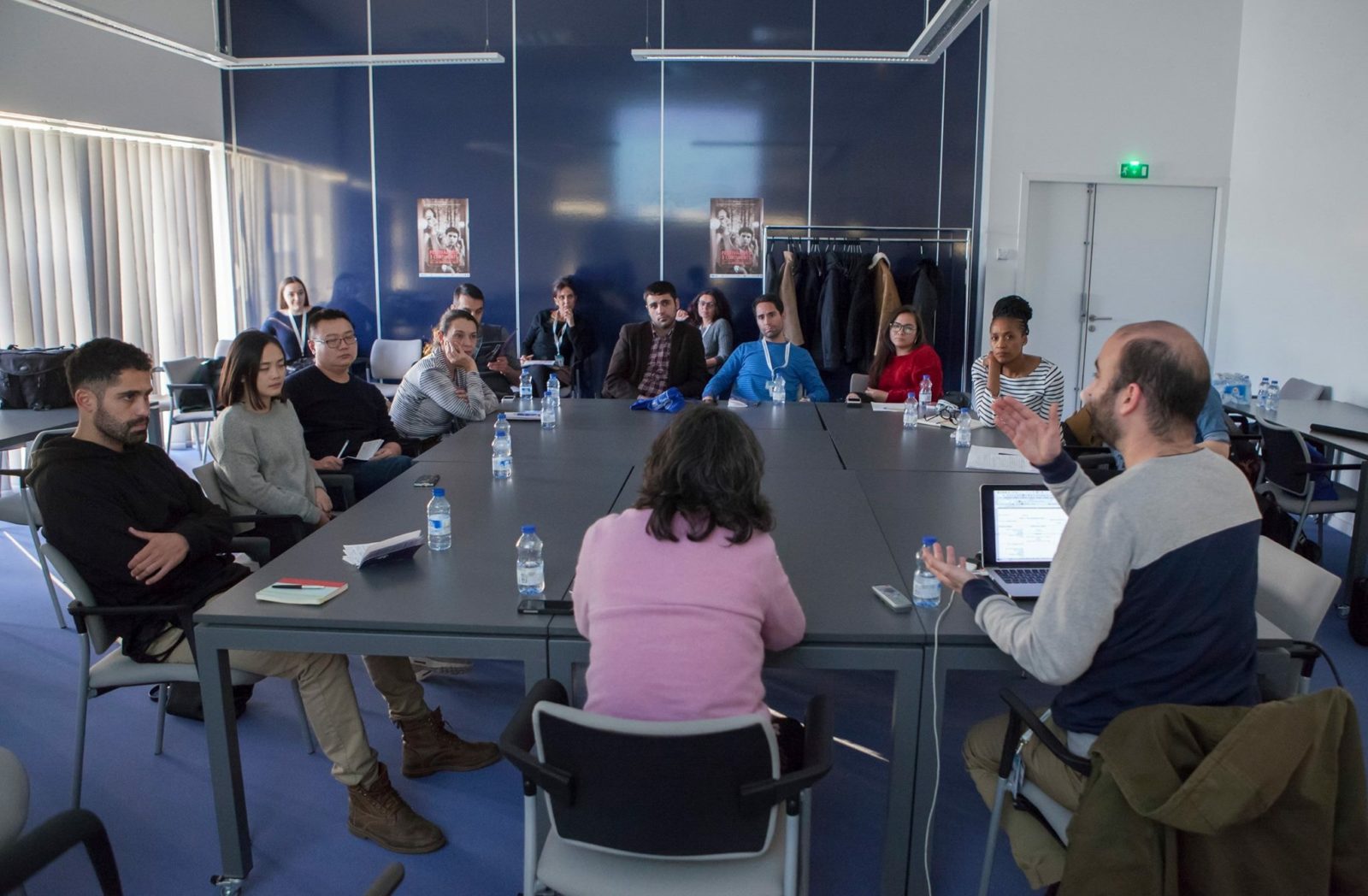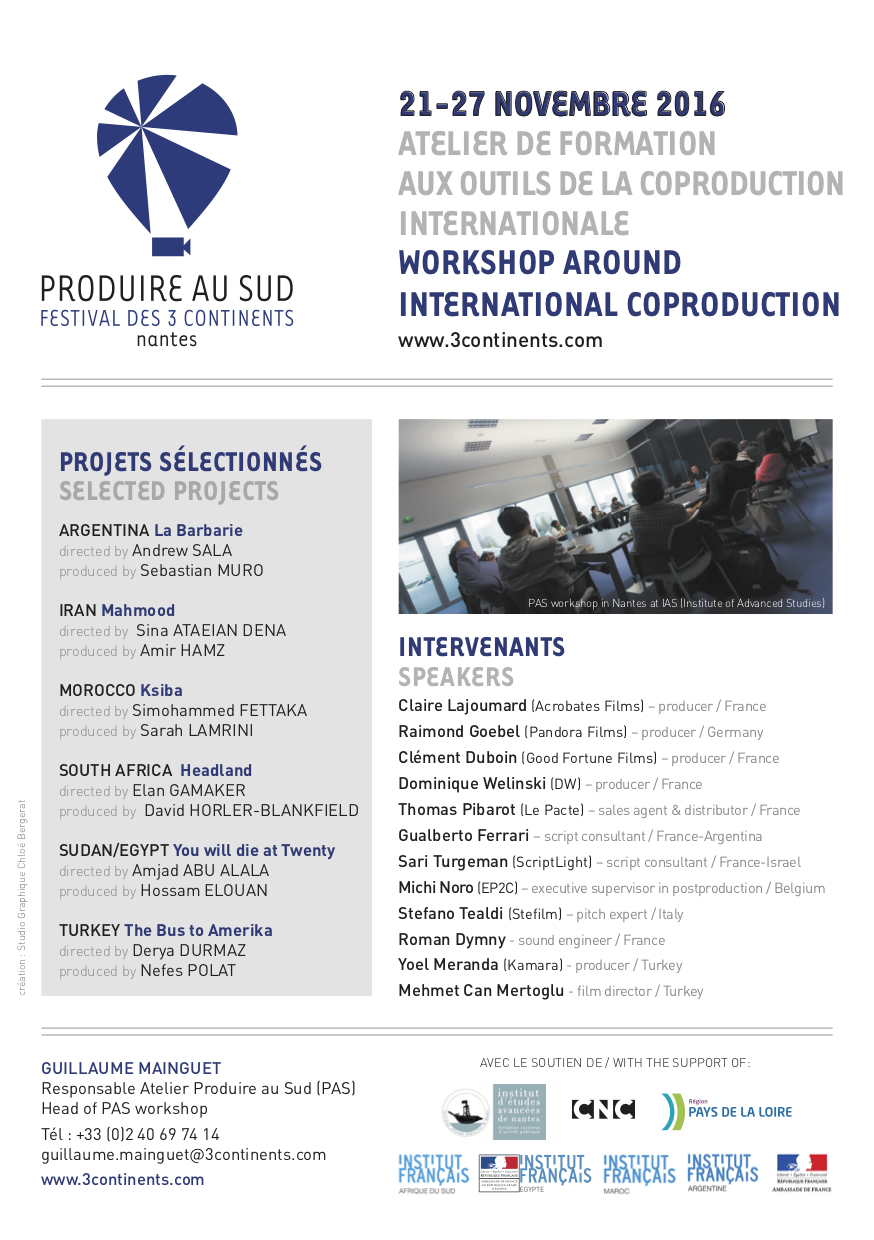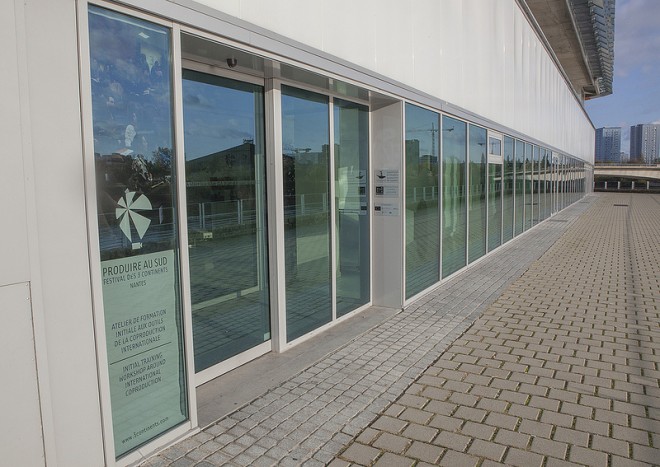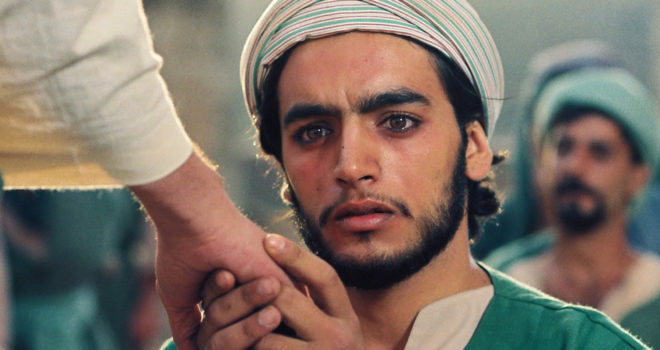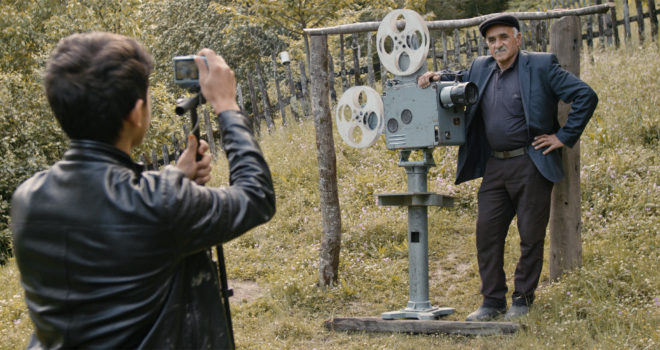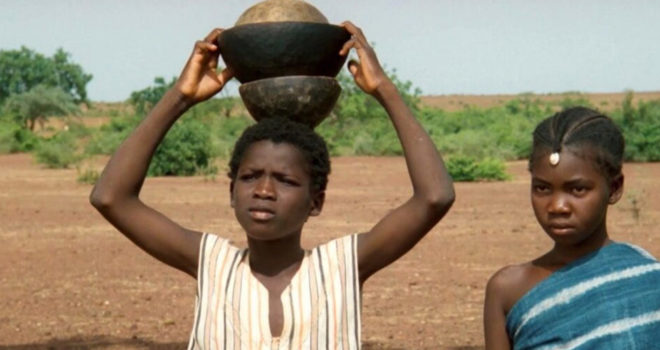Today, the Produire au Sud workshops have expanded into six countries (Taiwan, Morocco, South Africa, Israel, Thailand and Chile) in addition to Nantes. They offer all the participants different formulas of adapted training content grounded in notions related to international coproduction. Depending on the duration of the workshop, on the number of professional mentors and on the areas of work chosen together with the organising partner, the work programmes are tailored to the realities of the film industry in each region and broadly trace the production chain for films that draw on international collaboration. The content can focus on supporting the writing process or be more centred on the logics behind marketing a project. Preparation for a workshop thus relies on a changing configuration and each workshop requires two streams of individualised research: very carefully choosing a content adapted to the host country’s film industry, and dovetailing this programme with a fine-tuned pedagogical dimension to ensure that it can be readily assimilated during the time allocated to the workshop.
This need for research, which in the case of Produire au Sud is dynamic and flexible thanks to the limited number of projects (6 on average) selected for each workshop, is constantly evolving in line with the work methods used in the global film industry. In recent years, several new trends have been integrated into the workshops, thus ensuring that these are constantly enriched and updated: the international seller is now the real economic regulator and no longer a simple intermediary; given their contact with the large body of international creative output, international festivals have now replaced national distributors for diffusion and expert advice; and pitching is now becoming a free-form exercise that has gone beyond its initial formal techniques.
It is around this questioning of content that the Produire au Sud workshops are organising for the first time this year a residential university programme. In tandem with the workshop, the programme offers a researcher a dynamic field of study and possible dialogue with film industry actors. The challenges for Produire au Sud are multiple and this researcher – working in various disciplines such as film and media studies, sociology, anthropology or philosophy – will be invited to reflect on a wide variety of themes – the film industry, coproduction, intercultural relations, storytelling, etc. – at each of the Nantes editions. For this first edition, Produire au Sud will be welcoming Ana Vinuela, a lecturer at the University Paris Diderot-Paris 7, where she teaches the socioeconomics of film and television and production. Here, the purpose is to compare viewpoints, approaches and temporalities: the urgency of learning for the workshop participants and the long-term perspective of academics.
Ana Vinuela will present her research on the challenges of international coproduction with respect to the French fund, Aide aux Cinémas du Monde, Thursday 23 November from 4:30–6 pm in the amphitheatre of the Natural History Museum.
Guillaume Mainguet
Head of Produire au Sud



